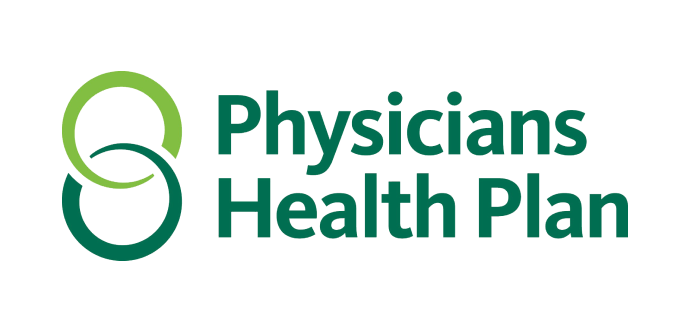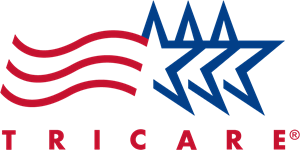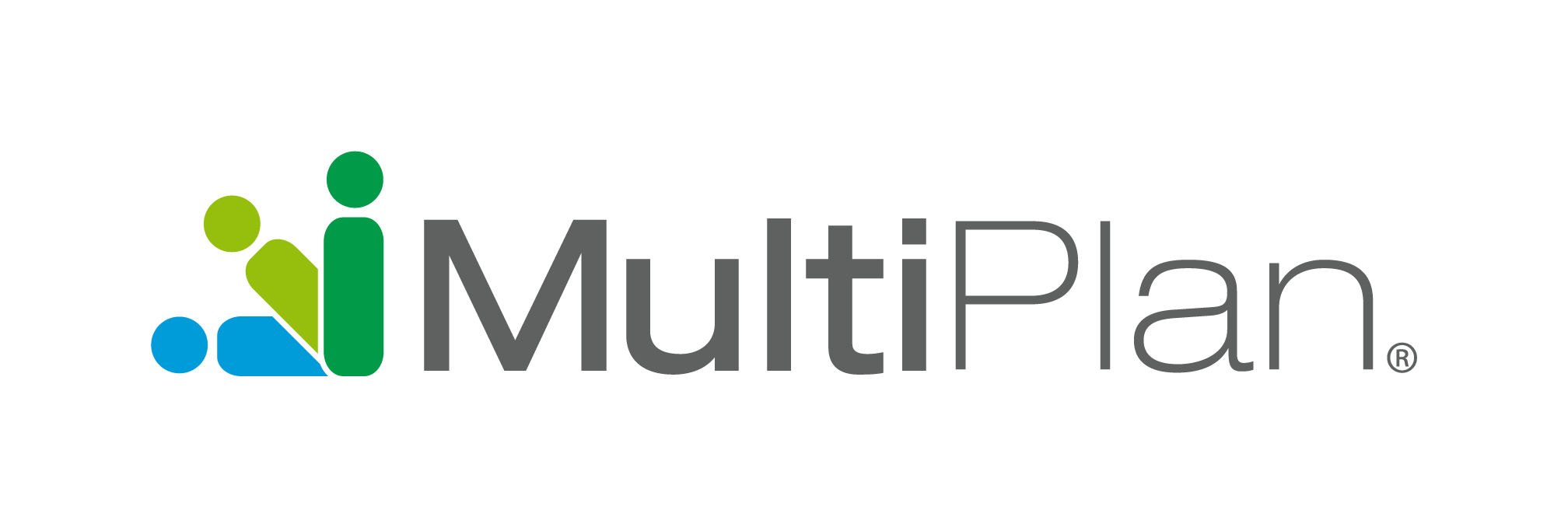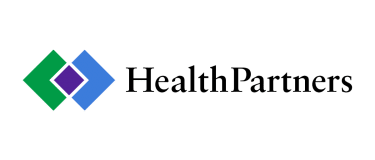![]() We are proud to work with most insurance companies, including:
We are proud to work with most insurance companies, including:
You didn’t cause your loved one’s addiction. You can’t control it. You can’t cure it.
The ripple effects of addiction can be seen throughout the family system. Bridges of Hope endeavors to provide a comprehensive experience for those struggling with the disease of addiction. This includes not only the loved one but their family members as well. Thus, it is vital to restore the family system through improving communication, levels of trust, degrees of intimacy as well as encouraging healthy forms of self-care for each individual within the family unit.
At Bridges of Hope, we believe family involvement is vital to the recovery journey. Our team of experienced, compassionate professionals is available to give you the support you need to begin your recovery. If you or someone you love is being threatened by the disease of addiction, contact us today for information about our advanced treatment programs.
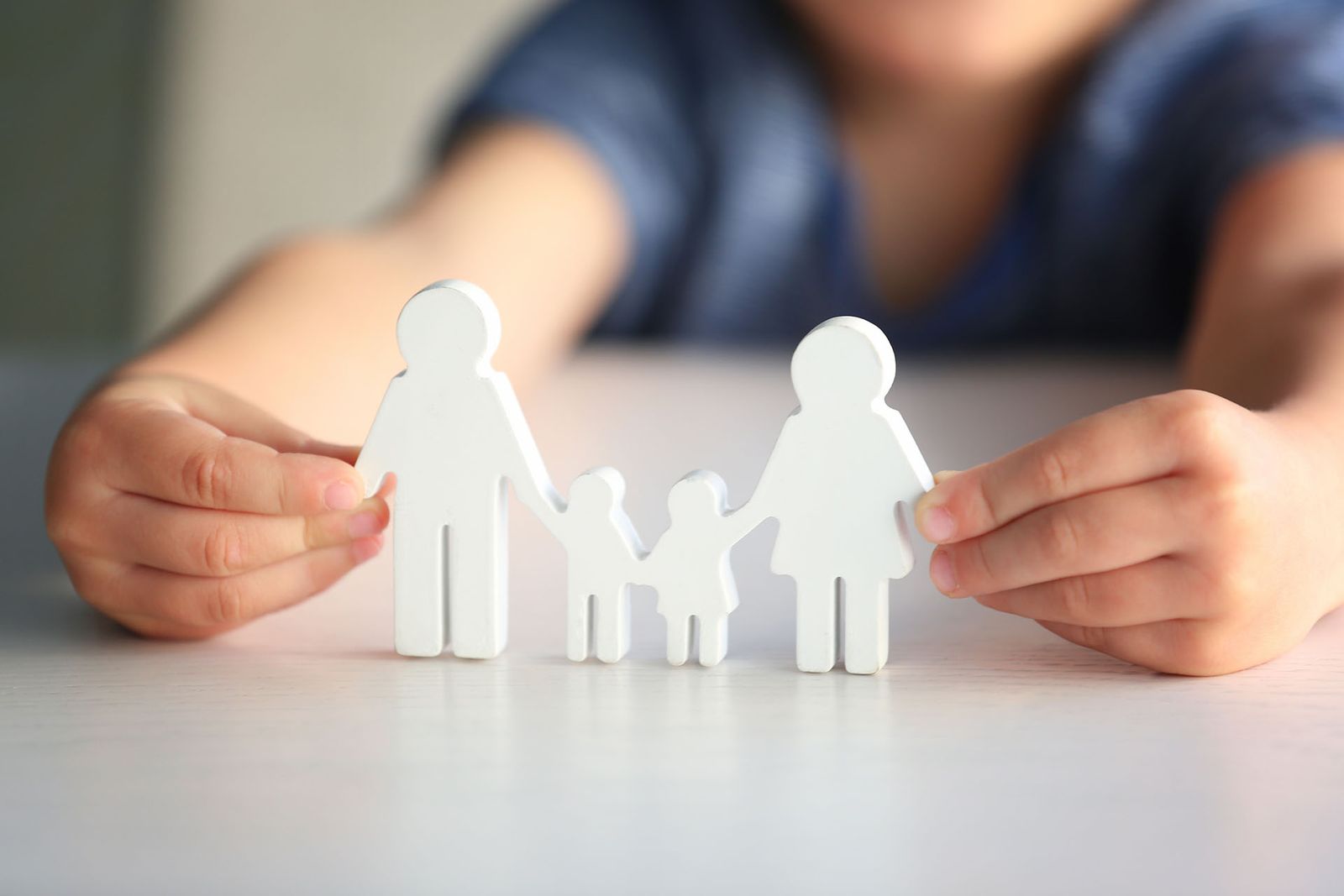
Structures of Care
Family Counseling with a Therapist
Bridges of Hope offers virtual family sessions for families of current clients. Focusing on improving relationships and resolving family conflict and dysfunction, family therapy can improve communication skills and can help develop stronger and healthier family dynamics. Family therapy involves the client, family members or those connected to the issue, and a therapist. Family therapy may also include one-on-one sessions to help provide individual insights to help the family members come together in family therapy.
Virtual Family Support Groups
Bridges of Hope offers virtual family support groups directly to the loved ones and family members of current clients on Mondays at 12:00pm EST. Our weekly online support group sessions are facilitated by the family program clinicians and features a rotating series of topics and related discussions.
Topics covered include:
- The Three Cs of Family Recovery
- Detaching with Love and Boundaries
- Self Care and Working Your Own Recovery
Please contact us for more information on how to register for our next support group session.
Additional Resources for Families
There are many resources available to help support families with members addicted to alcohol or other substances. Here are a few resources to help you get started:
- 12-step groups: The principles of Alcoholics Anonymous, Cocaine Anonymous, Marijuana Anonymous and other 12-step support groups aren’t just for addicts. These highly effective steps have been applied to help friends and families deal with the impact of addiction. Al-Anon, Alateen, Codependents Anonymous and Families Anonymous are each dedicated to helping the loved ones of addicted individuals recover from the effects of addiction. It’s possible that not all of these groups hold meetings in your community, but there’s a strong chance that you can find at least one regular meeting near your home.
- SMART Recovery Friends & Family: (from addictioncenter.com) This is a science-based, secular alternative to other 12-step-based programs. Their method is based on Self-Management and Recovery Training (SMART) and Community Reinforcement Approach and Family Training (CRAFT). CRAFT teaches family and friends tools for self-protection and non-confrontational skills to help their addicted loved ones to find recovery. SMART Recovery Friends & Family is different than 12 step programs because it works as a 4-point program. It provides education, communication and coping tools.
- National Association for Children of Alcoholics (NACoA): This nonprofit organization provides educational materials and advocacy services to help the children of alcohol-dependent parents. The goal of NACoA is to ensure that the children of people with alcohol use disorder get the help and support they need to grow up in a safe, healthy environment.
- National Institute on Drug Abuse (NIDA): This government agency conducts nationwide research on substance abuse and presents the results to the public in an accessible, easy-to-understand format. NIDA offers a wide range of online resources about drug abuse, substance abuse treatment and long-term recovery.
- Substance Abuse and Mental Health Services Administration (SAMHSA): This organization gathers statistics on substance abuse and mental illness in the United States through annual national surveys. Its goals are to educate the public, track trends in substance abuse and connect members of the public with affordable, effective treatment resources. Numerous substance abuse resources are available through the SAMHSA website.
The Importance of Family Involvement in Recovery
When families are involved in treatment, there may be a lower risk for relapse. In family systems therapy, addiction is often explained as an issue involving the entire system, not just the individual admitted to treatment. Each person in the home — and those connected to the issue — participate somehow in the disease of addiction. As a result, the family must be included in the therapy process as well. According to the Substance Abuse and Mental Health Services Administration, family therapy in addiction treatment has several key goals:
- To identify the strengths and positive qualities of the family unit
- To find ways to use those strengths to create a sober living environment
- To determine how substance abuse has affected the family
- To help the family recover from the damage caused by addiction
- To connect the family with resources (psychosocial, medical, financial, occupational, or educational) that they can use to improve their quality of life.
Do You Have Questions?
Don’t hesitate to reach out!
Please give us a call now and we’d be happy walk you through our various treatment options as well as answer all of your questions.

We’re Here For You
Sometimes, talking over the phone is easier. We’re here to listen to your questions and help get you answers.
 Toll Free Call
Toll Free Call 100% Confidential
100% Confidential

 Verify Insurance
Verify Insurance


